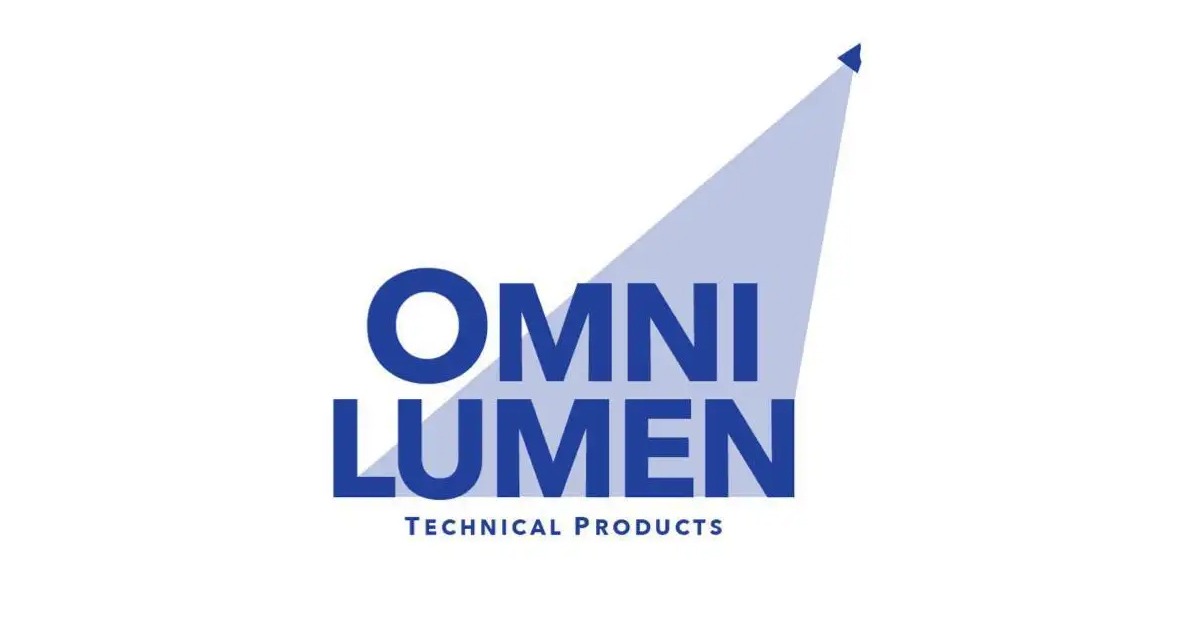Make Sure You Don’t Waste a Good Pandemic

June 10, 2020
By David Gordon
No, we’re not being flippant. The pandemic has been disruptive to all, destructive for many (especially those who contracted COVID-19 as well as in business consequences for many) and tragic for those who lost loved ones. And, for all, it will continue to be, especially until there is a vaccine. But, adjusting to change is what we excel at.
The phrase “Never let a good crisis go to waste” is attributed to Winston Churchill. Nowadays, the phrase needs to be “Make sure you don’t waste a good pandemic.”
Why? Because this can be a turning point for your company. You’ve survived the initial impact of COVID-19… business shutdown (and in some markets complete construction shutdown), and your company has still survived (and most still have jobs). Actions have been taken; the ship has been stabilized.
Then we went through the phase of “status quo.” We managed the business and made needed adjustments as we learned more. This was mid-April.
Now, in May and June, we’re adjusting to get back to a level of “normal.” Economies are restarting, construction in all markets continues, distributors are reopening counters, and “life” is continuing.
So, we’ve gotten into phase three.
Now the question is, “Will you let a good pandemic go to waste?”
What do we mean by this? Quite simply, COVID-19 provides the opportunity to re-evaluate aspects of your business. It isn’t going away quickly. We’ll be dealing with it for at least nine months, perhaps two years as no one knows if a vaccine will be a “one shot and done” vaccine or similar to the flu and require multiple or annual shots.
So, if we know the issue isn’t short-term, then the question becomes, “How does the pandemic impact your business strategy?” What should you consider differently for the medium and long-term (especially since the short-term requires action today)?
This is an opportunity to consider or reconsider your strategy, and be intentional. To question assumptions and processes. To ask how your market, the market segments you serve, your customers and their customers, and more will change.
It is an opportunity to reinvent, experiment and diversify. Perhaps an opportunity to double down on a strategy. Consider emerging areas (market segments) that may now explode. What will be different? What can be different?
As much as it’s been recommended that people take advantage of time for skills training, leadership should take advantage of reassessing where the company is, where they want it to be, and when; what they want from their company and to critically assess people and processes.
For instance, popular topics of conversation are:
• eCommerce. In the electrical industry it has been “invest and hope with many then being dissatisfied by performance.” There are good reasons for this, however, perhaps expectations need to be reset, support of eCommerce by “sales” is no longer optional, and companies need specific strategies to drive adoption and utilization. Sites need to be actively managed and marketed (and built quickly). And manufacturer management is expecting more.
• Sales. What is the benefit, short, and perhaps medium-term, of an outside sales organization that cannot physically interact with customers (distributors and end-users)? But this assumes one definition of sales. Consider sales “demand generation” and that you are leveraging relationships developed over time. How can this personnel group’s skills sets be managed differently? Are yesterday’s metrics the right ones for today? Are they building their brand through creativity to differentiate themselves? Are they “thinking” about their business?
And this is where your Marketing department will be critical to your longer-term success. We’ve said that sales is a part of marketing given that it is the human personification of messaging. It’s a media. Sales managers need to think like strategic marketers, and vice versa. Salespeople need to use the tools that marketing delivers. For those whose business is not severely impacted by COVID-19, marketing can further amplify reach that will result in results.
• Processes. With business projected to drop, nationally, 20-25% this year, and be essentially flat in 2021, can you afford a sustained decline? What operational aspects of the business can be automated, and these personnel resources redeployed to more profitable initiatives? And remember, these processes can handle increased business typically without increased costs, hence expanding productivity and profitability?
• Markets and customers. Financially strong companies will invest and take share in their market. They will target competitors, target customers, invest in resources, offer new services. Remember, there will be an electrical industry today, tomorrow, and longer-term. The question is, who will be the leaders, who will be the survivors?
This doesn’t mean change will happen overnight, although it could, but it means, should yesterday’s path be tomorrow’s path?
It’s asking, “What will you do different and will you be intentional in your actions?” Are you planning ahead or hoping to get to the next milepost?
Insights
Consider what insights you need to envision, or re-invision your strategy? What do you need to reach for, to consider, to make your tomorrow come alive?
Do you need customer insights? Do you need to crowdsource end-market perspectives? Do you need a virtual supplier council to aggregate insights on renovation opportunities in the office market? Do you need to better understand how to create demand for manufacturing 4.0? If you’re responsible for product development (or services development), consider how to use real-time, web-based, large scale, online focus groups (yes, we have a source). Customer insights can unveil new opportunities.
Did curiosity kill the cat?
To ensure we don’t waste a good pandemic it is important to have intellectual curiosity. It’s important to ask “why.” The future doesn’t have to be the same as the past, or even today, if there are opportunities to improve. It’s just that the effort to improve requires work (and yes, I know many are stuck in umpteen Teams/Zoom operational update meetings or countless product training sessions… whom are these productive for and does everyone need to attend all, or are people concerned about missing out?)
Being intentionally contagious
This thought process should cascade down to other aspects of an organization as well as to multiple roles. Your team wants to hear forward movement. They need “hope”, “energy”, “excitement”, “positive urgency”. Change doesn’t have to be negative. It represents opportunity and when companies are moving forward, morale is strong and encouraging.
In talking with a client yesterday, the comment was made, “This is getting old.” This is a natural response as we’ve been in the midst of COVID-19 for two and a half months with daily “battles”. But perseverance and energy are the keys to success.
As you consider “longer-term” (minimum 9 months, which is really mid-term), should, in the definition of Einstein, insanity prevail (doing the same thing and expecting a different result), or should a new operational normal be sought to seek improvement and differentiate your company (or your department, division, branch, etc.)?
Questioning the status quo may also reveal that the current model, or processes, are ideal for your company and you are optimized for success, especially given your organizational culture.
You’ve made it this far… congratulations. Now, what is your next step to capture/recapture momentum and ensure long-term success?
Remember Einstein and Churchill during this pandemic. Historical wisdom inevitably doesn’t fail.
David Gordon is President of Channel Marketing Group. Channel Marketing Group develops market share and growth strategies for manufacturers and distributors and develops market research. CMG’s specialty is the electrical industry. He also authors an electrical industry blog, www.electricaltrends.com. He can be reached at 919-488-8635 or dgordon@channelmkt.com.










